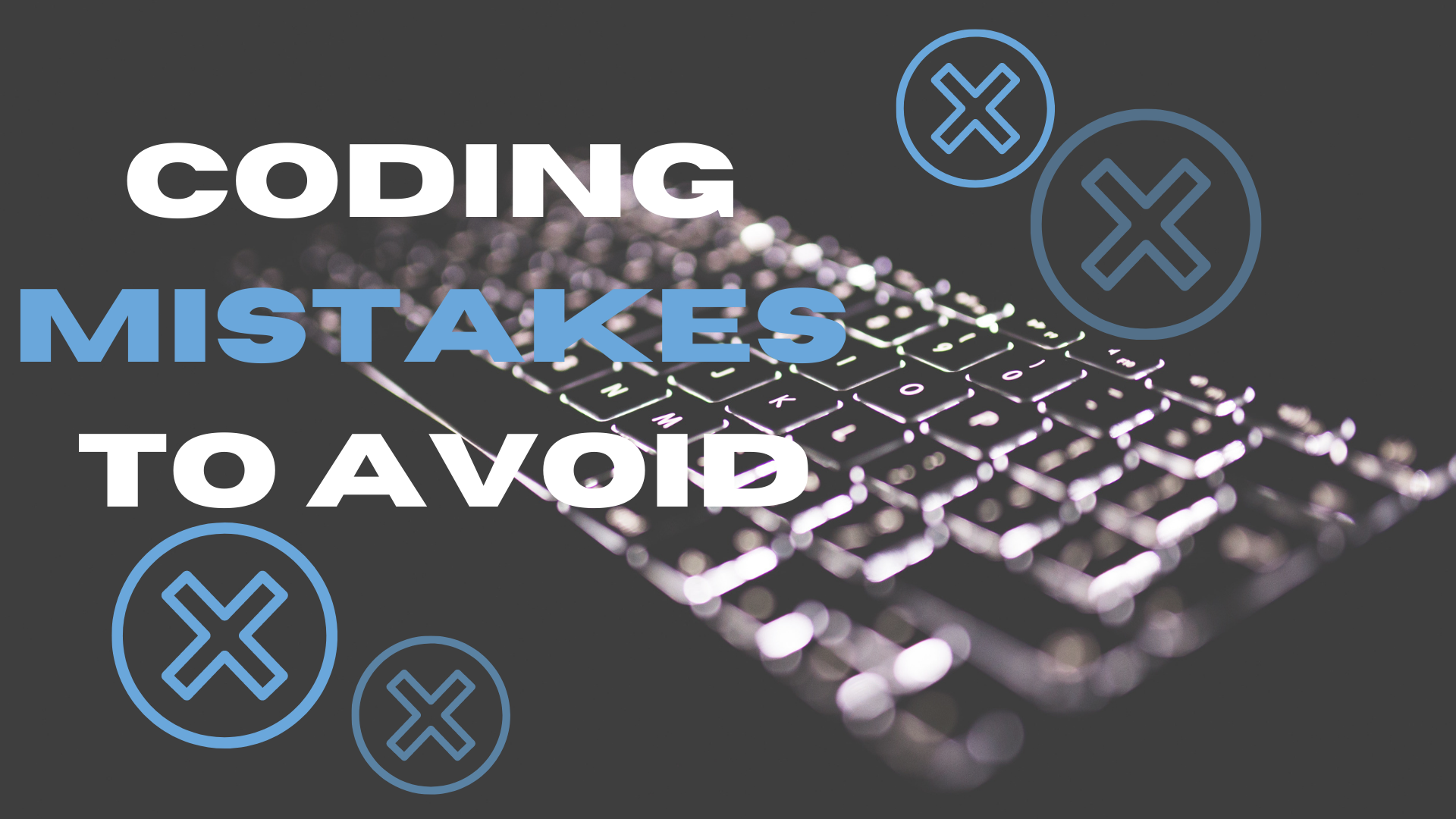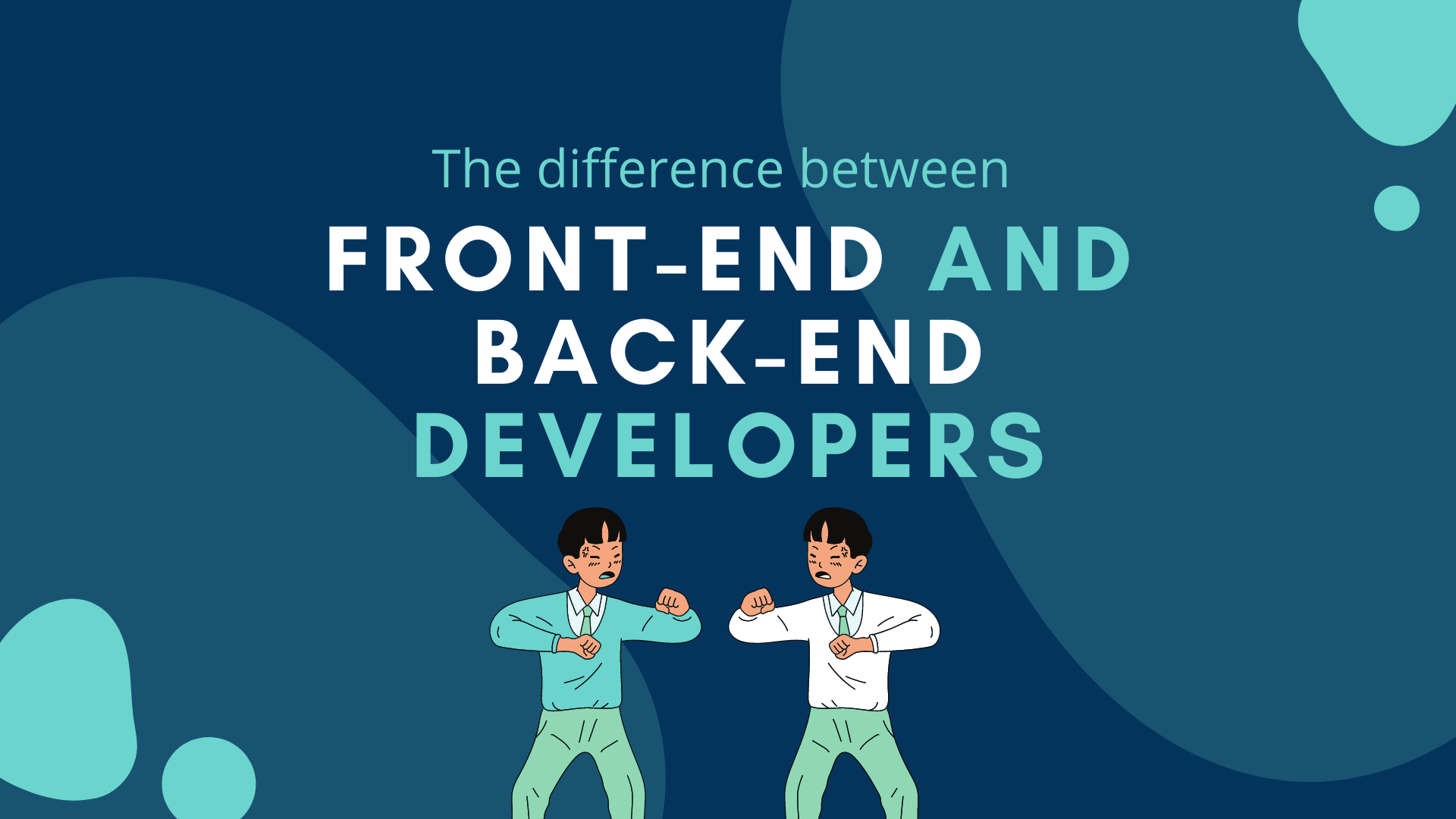Making mistakes is the most human thing ever. Nevertheless, a big portion of the coding mistakes that developers make can be avoided. If you’re able to avoid the common mistakes in this article, you will be able to write better and cleaner code. Not only is this beneficial to you but also to the other developers that will eventually have to go through your code. Thus, you’re not just doing this for yourself—you’re also doing your team a huge favor!
The most common mistakes are as follows:
Too Many Things in One Function
According to the single responsibility pattern, a function should only be responsible for doing one thing only. It’s considered better programming to split things up chunk by chunk. For instance, one function that fetches the data, one that processes it, and another one that presents the data.
Hard-Coding
Hard-coding is the software development practice of embedding data directly into the source code of a program or other executable objects. This is opposed to obtaining the data from an external source or generating it at run-time. Hard-coded values don’t allow for configuration, in other words, they are fortified. Hard-coding is considered an anti-pattern, however, some things are being hard-coded, too. A scenario where you see a lot of hard-coded passwords is for the authentication of an external service or API. Those credentials often get hard-coded, which isn’t considered best practice.
Commented-Out Code
Entire blocks of code containing multiple functions are being commented out. No one knows why it’s still there. And no one knows if that block of commented-out code is still relevant. Yet, no one deletes that block of code! Just delete that piece of commented-out code. Even though the code is not in the latest revision, if someone has plans with it the code is still available in version control.
Non-Descriptive Naming of Variables
It can’t be emphasized enough how important good variable names are. 99.9% of the time, you are not the only developer working on a project. Other developers need to understand your code as well. For this reason, opting for appropriate names takes time, but it saves more time later on.
Messy Code
Messing up the formatting of code is something that is often done by people who don’t have a lot of programming experience. (Unless they’re working with a programming language like Python, which saves you from a lot of this). All modern IDEs also can fix this for you. Sometimes you have to install a plugin, and sometimes, of course, it can be done out of the box.
Magic Numbers and String
Not assigning values to a variable is known as magic numbers or strings. Magic numbers are unique values with unexplained meaning or multiple occurrences that can and should be replaced with named constants. On top of that, it’s much easier to change the value because it is not duplicated. It is stored in a variable only once. Magic numbers are often used multiple times in different places within a program, which even makes it error-prone.
Giving up
Last but not least, programming needs a lot of patience, discipline, focus, time, efforts, and attention. Giving up happens generally due to the frustration in programming. A lot of things are overwhelming in programing and when we find that we are not getting closer to become a good programmer we give up easily. Better to learn from the mistakes and avoid that in the future instead of giving up right away! Believe it or not, this will help you tremendously.
Conclusion
It does not matter if you are a beginner or a pro, mistakes are bound to happen. One thing to master is dealing with them in a logical manner. By following your personally set guidelines your workload will be helped gigantically. We are trying our best to avoid mistakes, however, time teaches us the best! So, go ahead and make mistakes that will polish your knowledge even more than you expect.





